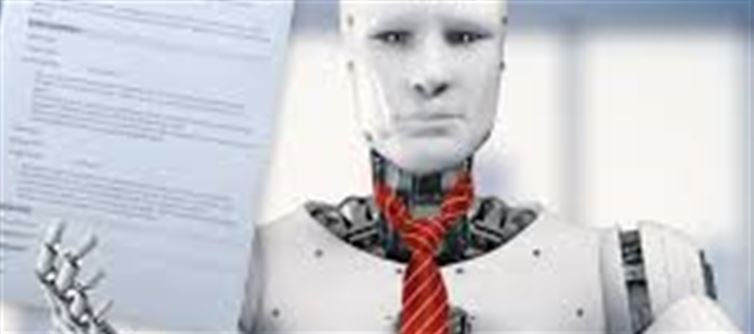
Artificial Intelligence is advancing at a pace that few anticipated—and its impact on the global workforce could be massive. Speaking recently, OpenAI CEO Sam Altman cautioned that AI has the potential to replace nearly 40% of existing jobs worldwide by 2030, amounting to as many as 1.4 billion roles. Here’s what this seismic shift means for industries, workers, and the future of employment.
🤖 1. Automation at Unprecedented Speed
Altman noted that AI adoption is accelerating far faster than expected. From customer service chatbots to advanced data analysis, AI systems are increasingly capable of performing complex tasks once reserved for humans.
📉 2. Jobs Most at Risk
Sectors that rely heavily on repetitive or process-driven work—such as data entry, manufacturing, retail, and basic accounting—are most vulnerable. Even white-collar professions like law, finance, and media could see significant disruption as generative AI takes on research, drafting, and content creation.
🌍 3. Global Workforce Impact
The World bank estimates that around 3.5 billion people are currently employed globally. If Altman’s projection holds true, AI could displace nearly 1.4 billion jobs within the next five years, impacting both developed and developing economies.
📈 4. New Roles Will Emerge
Despite the threat, Altman emphasized that AI will also create new categories of jobs—particularly in AI development, prompt engineering, cybersecurity, and human-AI collaboration roles. The challenge will be ensuring that displaced workers can transition into these emerging fields.
🎓 5. Urgent Need for Reskilling
Governments, businesses, and educational institutions will need to prioritize reskilling and upskilling initiatives. workers must be trained in wallet PLATFORM' target='_blank' title='digital-Latest Updates, Photos, Videos are a click away, CLICK NOW'>digital literacy, AI management, and creative problem-solving to remain relevant in an AI-driven economy.
✅ Bottom Line
While AI holds enormous potential to improve efficiency and innovation, its rapid rise also poses one of the greatest job displacement risks in history. As sam Altman warns, the future of work depends on how quickly societies adapt—by reskilling workers, rethinking industries, and redefining the human role in the age of intelligent machines.
Disclaimer:
The views and opinions expressed in this article are those of the author and do not necessarily reflect the official policy or position of any agency, organization, employer, or company. All information provided is for general informational purposes only. While every effort has been made to ensure accuracy, we make no representations or warranties of any kind, express or implied, about the completeness, reliability, or suitability of the information contained herein. Readers are advised to verify facts and seek professional advice where necessary. Any reliance placed on such information is strictly at the reader’s own risk.
.jpg)




 click and follow Indiaherald WhatsApp channel
click and follow Indiaherald WhatsApp channel